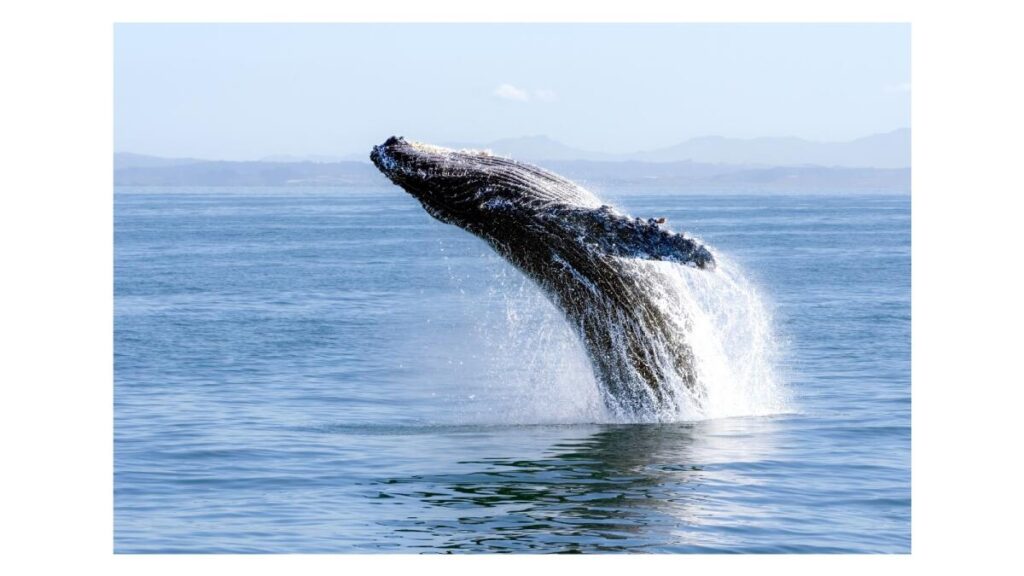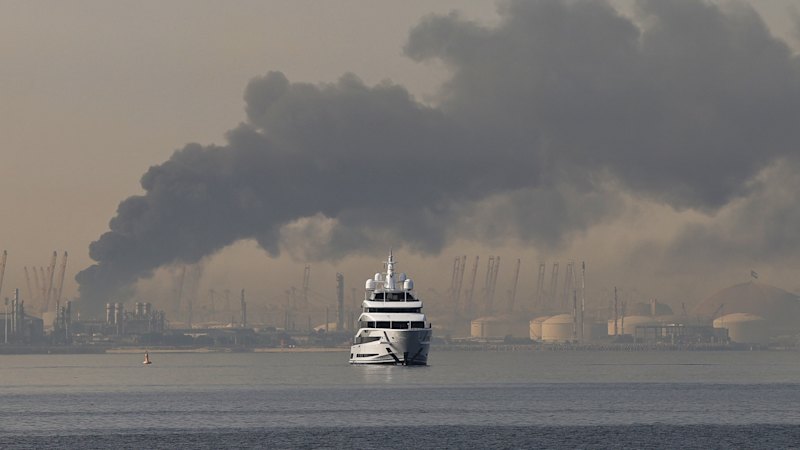
URGENT UPDATE: New reports confirm that the world’s whales are rapidly adapting their songs due to escalating ocean noise pollution. This crucial development comes as over 50,000 merchant ships, alongside 360 large cruise ships, create an increasingly cacophonous environment in the seas where 45,000 humpback whales migrate annually.
Scientists have discovered that these majestic creatures are modifying their calls, a behavior spurred by the relentless sounds of shipping traffic and seismic surveys for oil and gas. The impact on marine life is profound and immediate, raising concerns about the whales’ ability to communicate effectively and find food in their vast habitats.
From the serene Exmouth Gulf to the bustling Kimberley coast in Australia, the once-peaceful ocean is now filled with disruptive noise. Humpback whales, known for their haunting songs, are being forced to sing louder and at different frequencies to penetrate the din of modern maritime activity.
Authorities report that seismic surveys, which include ear-splitting explosions every 10 to 15 seconds, contribute to this underwater clamor. The sounds can travel up to 20,000 km, creating a challenging environment for whales that rely on echolocation for navigation and hunting. The stakes are high: these vocal adaptations could affect their survival and reproductive success.
After the 9/11 attacks, when shipping was temporarily halted, studies showed a marked decrease in stress markers in whales, suggesting that quieter oceans lead to healthier populations. In light of these findings, the European Union is now actively pursuing measures to mitigate ocean noise, including innovations in ship propeller design and quieter sonar technologies.
The quest for a quieter ocean is not just an environmental concern; it is crucial for the future of whale populations and marine ecosystems. As awareness grows, conservationists hope that these efforts will allow the whales to continue their age-old songs—a vital part of their identity and communication.
This urgent situation demands immediate attention from policymakers and the public alike. The health of our oceans and the survival of these magnificent creatures depend on our collective action. As the plight of the whales unfolds, we must remain vigilant in our efforts to protect their habitat from the overwhelming noise of human activity.
Stay tuned for more updates on this developing story as scientists and authorities continue to monitor the situation. The future of our oceans—and the whales that inhabit them—hangs in the balance.






